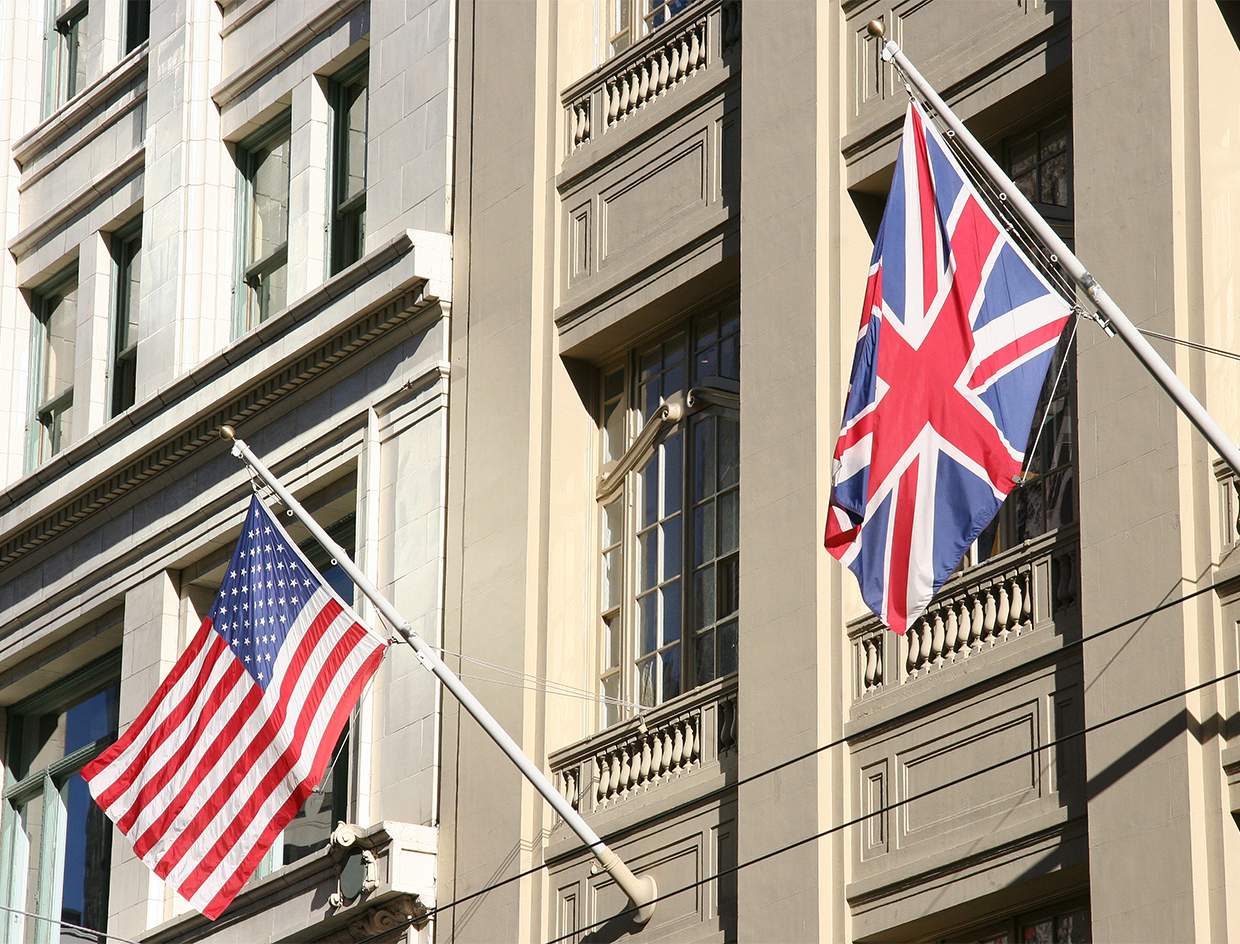The UK and US governments have opened negotiations on a free trade agreement, with hopes high among the SME exporting community that a planned chapter to help the UK’s 5.9 million small businesses will help them to export their way out of the Covid-19 crisis.
The first round of talks was launched yesterday by UK international trade secretary Liz Truss and US trade representative Robert Lighthizer via videocall, and will be held for approximately two weeks, involving around 100 negotiators on each side. The UK government says that further rounds will take place approximately every six weeks and will be carried out remotely until it is safe to travel.
In her opening comments as discussions began, Truss said: “The US is our largest trading partner and increasing transatlantic trade can help our economies bounce back from the economic challenge posed by coronavirus.”
“We don’t just want any trade agreement. We want an agreement that will work for small business, an agreement that works for consumers and workers, and an agreement that will benefit all regions and nations of the UK,” she added.
Total UK-US trade was valued at £220.9bn last year, making up 19.8% of the UK’s exports. The US currently levies £451mn in tariffs on UK exports each year, with food and farming, manufactured goods and textiles seen benefitting most if these are lifted.
With some 30,000 UK SMEs already exporting to the US, taking into account their needs when striking a deal will be crucial, according to Mike Cherry, national chair of the Federation of Small Businesses (FSB). “For small businesses, the US is the number one single market of choice for importers and exporters for the next three years, which is why these negotiations are so critical. With our economy likely to be suppressed for some time, we are going to need small businesses that trade to lead the way.”
In a recent survey, the FSB found that the US is the most important individual country market for small firms hoping to export over the next three years, with 46% selecting the country.
“Small businesses are already the backbone of the UK’s domestic economy. And especially in these difficult times, we now need to see their share of global trade start to catch up. We can do this by putting SMEs front and centre of all new trade agreements,” says Cherry. “Securing a pro-small business free trade agreement, which includes a comprehensive and dedicated small business chapter, will be essential to addressing the needs and distinct challenges that small firms face when engaged in transatlantic trade.”
To address this, the Department for International Trade (DIT) says it will seek SME-friendly provisions in areas from customs and trade facilitation, services sectors and business mobility to telecommunications, digital trade and intellectual property. With around two-thirds of UK services trade with the US delivered remotely, a digital trade chapter is also planned to maximise opportunities for exporters.
Welcoming this announcement, Julian David, CEO of technology association techUK, which represents 850 UK technology firms – the majority of which are SMEs – says: “The US is one of our most important partners for both exports of UK technology and inward investment in our digital economy. Together, as we move into a post-Covid world, we should aim for progressive, ambitious digital trade provisions that will help build the economy of the future.”
According to the DIT, removing high tariffs on UK products like cheese, ceramics and textiles, which face rates of 17.6%, 28% and 32% respectively, would make UK products significantly more competitive in the US. Also standing to win are exports of steel and aluminium, which are currently subject to wider US tariffs against the EU.
If the UK can achieve substantial tariff liberalisation as well as a weighty reduction in the levels of actionable non-tariff measures and regulatory restrictions, the DIT predicts an increase of between 4.3% and 7.7% in exports to the US, and a 4.1 to 8.6% increase in imports.
But while both sides have spoken of their desire to come to an agreement quickly, there are several key sticking points which may hamper progress. The UK’s dependence on food imports is seen as a potential opportunity for the politically powerful US agricultural industry, although the UK government insists it is its domestic farmers who will benefit most. Food labelling standards are also an issue, with the office of the US trade representative stating in 2018 that it considers nutrition labelling – such as the so-called “traffic light” system used in the UK – as a “barrier to trade”.
“I suspect it’s going to be a complicated deal,” says Sean Ramsden, founder of Ramsden International, which exports British grocery products around the world. “My big concern as someone in the food industry is that food and agriculture is likely to be the contentious area here.”
However, he tells GTR that he is optimistic about the opportunities a trade agreement will bring. “We have been exporting British food around the world since 1970. The easier it is to do that and the less regulatory barriers and taxes on UK products entering foreign markets, the more we’ll sell.”







